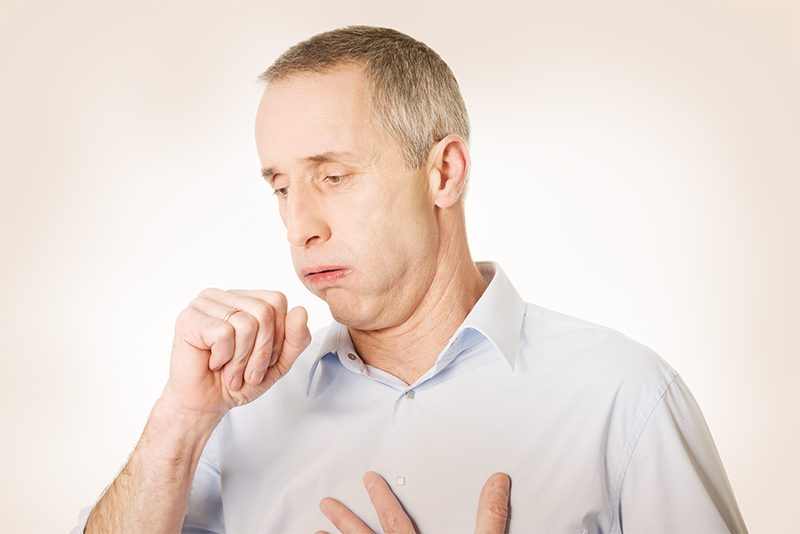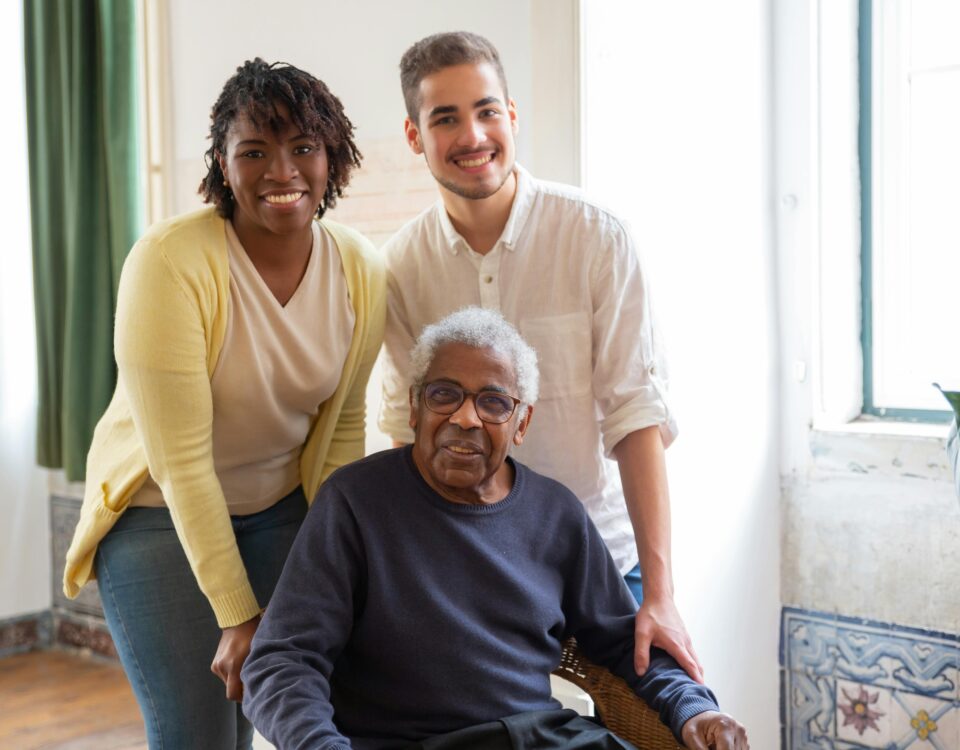Things to Know About Tuberculosis

Does Congestive Heart Failure Mean Your Loved One’s Heart Has Stopped?
February 27, 2017
Essential Tremors and your Elderly Parent
March 6, 2017Things to Know About Tuberculosis
Tuberculosis is considered one of the deadliest diseases. According to the World Health Organization Tuberculosis is one of the top causes of death worldwide.
Tuberculosis has a notorious history. In fact, a century ago, Tuberculosis was an incurable disease and was the leading cause of death in the US. But thanks to a German physician named Robert Koch who discovered the disease and to French bacteriologists named Albert Calmette and Camille Guerin who discovered the vaccine, the deaths from this disease have been lessened.
Here are some important facts about Tuberculosis also known as TB:
- TB is caused by a bacteria called Mycobacterium tuberculosis, an airborne disease that can be transmitted when an infected person coughs, sneezes or spits.
- Inhalation of only a few TB germs can infect an individual.
- It may not cause a person to get ill at once. In fact, a third of the world’s population are infected with latent TB. Individuals with latent TB possibly convert into active TB once their immune system weakens due to HIV, diabetes, tobacco use, etc.
- Only people who are already ill with Tuberculosis (active TB) can transmit the disease
- People with active TB may not immediately notice that they have the disease since it may exhibit mild symptoms for many months.
- Ultraviolet light kills the TB bacteria.
Symptoms of Tuberculosis
- Coughing with sputum and blood at times
- Weakness
- Chest pains
- Fever and night sweats
Our immune system usually weakens as the weather changes. These are the most important times when we should take better care of our health to avoid diseases such as this. And the possibility of cross contamination from people with active TB increases as we frequent population-dense indoor areas.
Here are tips on how to avoid getting an active TB infection:
- Get enough sleep, nutritious food, and exercise to boost your resistance to any illness.
- Get enough sunshine.
- If you cannot avoid working or being in areas with people infected with active TB
- it is strongly suggested that you do not spend long periods of time with them in stuffy, enclosed rooms unless they are treated at least for 2 weeks.
- use protective face masks
- encourage the person with active TB to follow the treatment prescribed by his/her doctor/physician.
Cure for Tuberculosis
The cure for TB varies depending on the type of TB present in the individual (Latent TB or Active TB).
Latent TB- Before the disease becomes active it is best to have it treated right away. The doctor may prescribe any of the ff (all of these antibiotics stop the growth of bacteria):
- INH – Known as Isonizaid is the most common medication (antibiotic pill) for latent TB.
- Rifampin – Another antibiotic pill that can be taken if you have side effects to INH.
- Combination of Rifapentine and INH
Active TB – If you are already sick with Tuberculosis, you may need to take any three or four of the medications in 2 months to test which one would be the most effective in eliminating the TB bacteria. Some of them are the same antibiotic treatments for Latent TB.
- INH
- Rifampin
- Ethambutol
- Pyrazinamide
Sources: webmd.com, ncbi.nlm.nih.gov, cdc.gov, mayoclinic.org, britannica.com, abc7ny.com, sciencedaily.com, who.int
Disclaimer: 1Heart Caregiver Services Blog may contain articles about health care and medical related topics. However, no warranty is made that any of the articles are accurate. There is absolutely no assurance that any statement contained or cited in any or our articles touching on health care or medical related matters is correct, true, up-to-date or, precise, If any of the statements we mentioned about healthcare or medicine is accurate, it may or may not apply to you or your symptoms.
The health care or medical information provided on 1Heart Caregiver Services is, at best, of a general nature and cannot replace the advise of a health care/medical professional. 1Heart Caregiver Services will not take responsibility for the results or consequences in attempting to use or adopt any information presented in its blog article


